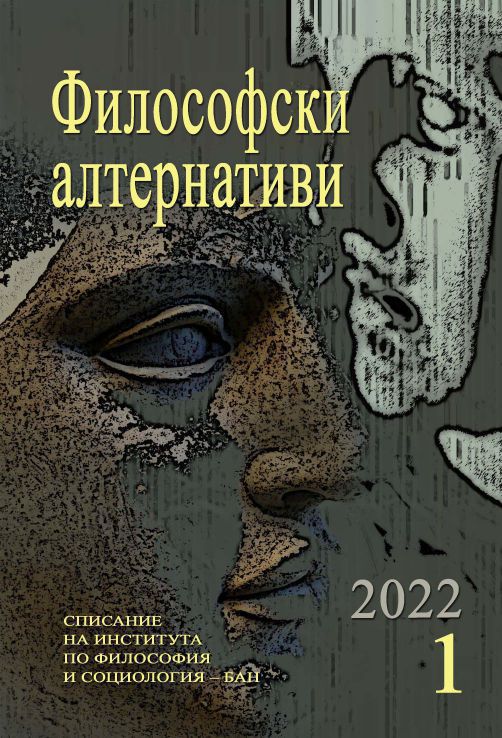Когнитивната наука и репликативните ѝ кризи в контекста на епистемичния анархизъм
Cognitive Science and Its Replicative Crises in the Context of Epistemological Anarchism
Author(s): Georgi GarkovSubject(s): History, Philosophy, Social Sciences, Psychology, Special Branches of Philosophy, History of ideas, Philosophy of Science, Cognitive Psychology, Experimental Pschology
Published by: Институт по философия и социология при БАН
Keywords: epistemological anarchism; cognitive science; nomothetism; replicative crises
Summary/Abstract: The present study attempts to examine the replicative crises in cognitive science from the perspective of epistemological anarchism and the problematic assumptions of nomothetism. A closer look at the history of science suggests replicative crises are not a phenomenon characteristic of low-quality theories or dubious scientific practices, but also a stage that describes some of the most significant and well-tested theories in the history of science. In contrast to the logic of naive falsificationism, reality paints a considerably more complex and even contradictory picture of the process of discovery. Forgoing politically correct narratives, science reveals no less fruitful manifestations of what could be characterized as disorder, irrationality, mysticism and pseudo-scientific biases. And even with respect to well-developed theories one could point to discrepancies with the available facts, beyond the acceptable margin of error. At the same time, however, a potential contribution to the replicative crisis stems from the hidden assumptions of the nomothetic approach – a neglect of the individual mechanisms problem and the contextual interactions problem. Two varieties of nomothetism could be distinguished, respectively: classical one and based on aggregate values one. While classical nomothetism tends to ignore the syncretics of ecological contexts, aggregate-based nomothetism ignores the presence of individual mechanisms and combines them into theoretical constructs that describe “everyone and no one”.
Journal: Философски алтернативи
- Issue Year: XXXI/2022
- Issue No: 1
- Page Range: 160-168
- Page Count: 9
- Language: Bulgarian
- Content File-PDF

